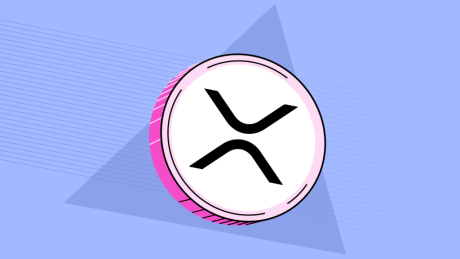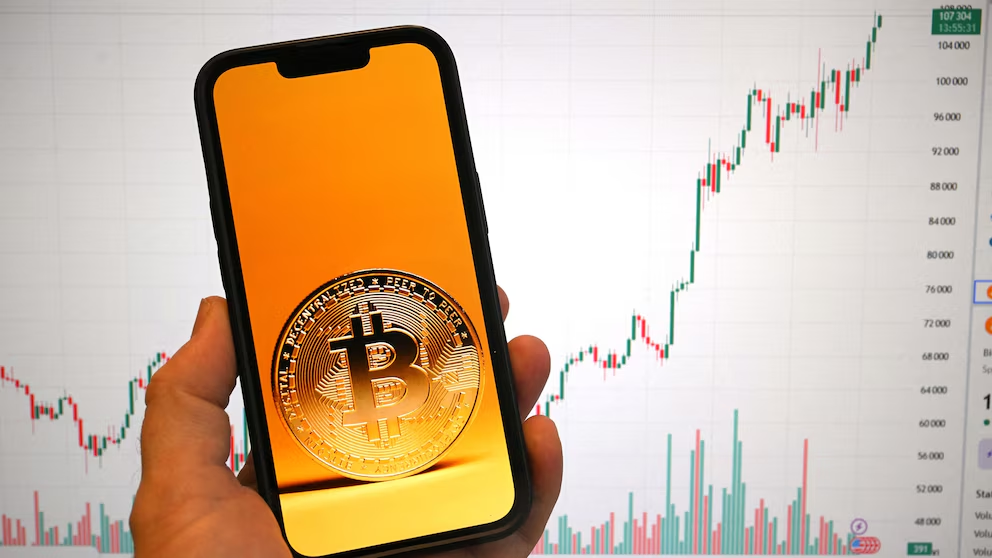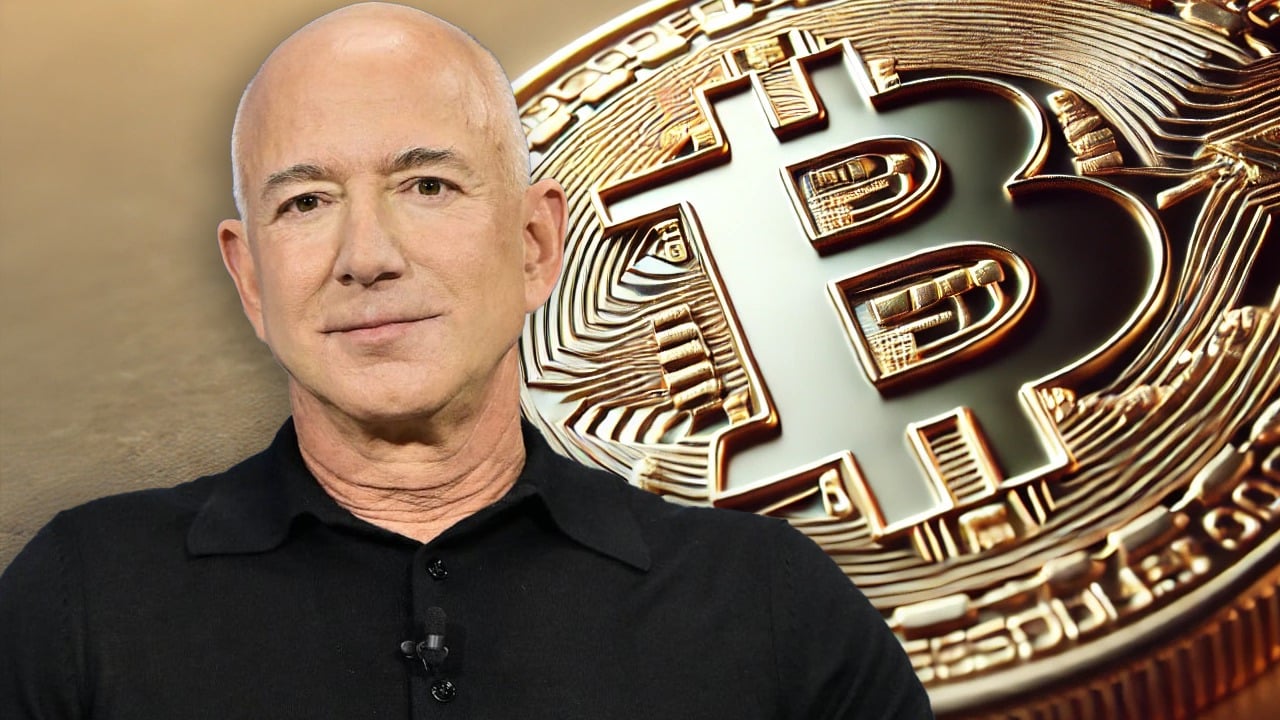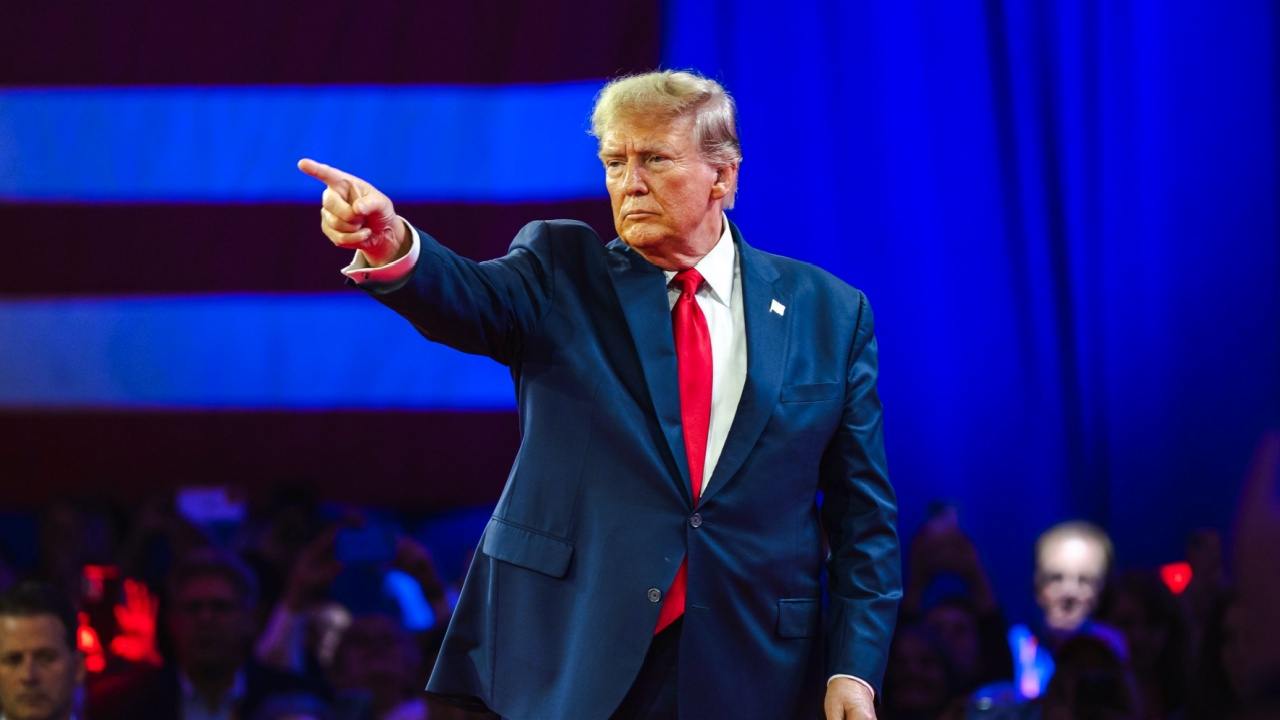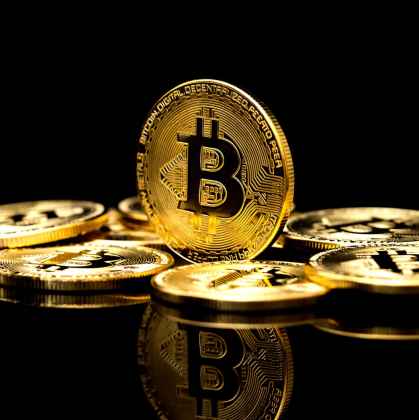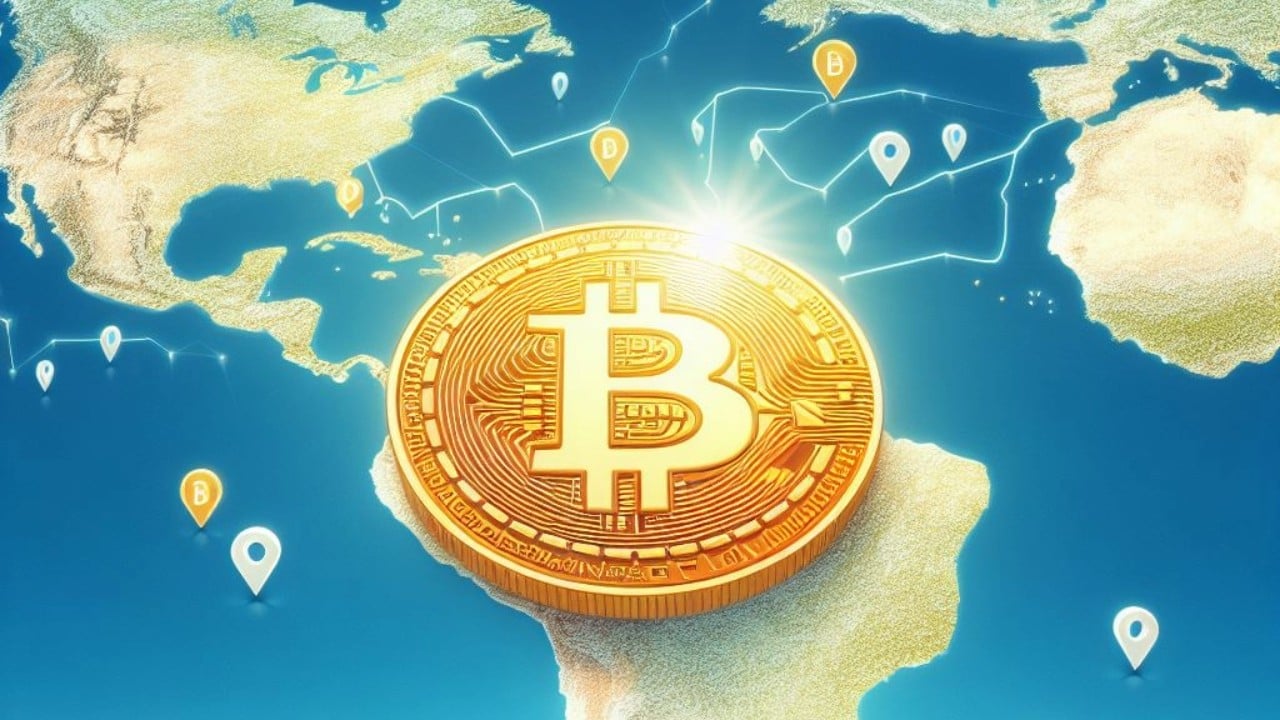Shiba Inu Marketing Lead Shares List Of Reasons Why A SHIB ETF Would Be Great
With the approval of the Spot Ethereum ETFs by the Securities and Exchange Commission (SEC), other altcoins, such as Shhiba Inu, are moving forward in their bids for their own ETFs. For SHIB ETFs, Shiba Inu marketing lead has given a number of reasons why a SHIB ETF would actually be a great addition to […]

With the approval of the Spot Ethereum ETFs by the Securities and Exchange Commission (SEC), other altcoins, such as Shhiba Inu, are moving forward in their bids for their own ETFs. For SHIB ETFs, Shiba Inu marketing lead has given a number of reasons why a SHIB ETF would actually be a great addition to the crypto space.
Reasons Why A Shiba Inu ETF Is Good
In the post that was made on X (formerly Twitter), LUCIE, known for her role as the marketing lead for the Shiba Inu project, shared a number of positives that could come out of the SEC actually approving a SHIB ETF for trading.
For the first one, the marketing lead explained that a Shiba Inu ETF would make it easy to get traditional investors into the project. This would mean they would now be able to invest in it through a regulated platform rather than risking direct exposure to the coins themselves.
Furthermore, by making it possible for traditional investors to gain exposure through ETFs, it would increase demand for the cryptocurrency. This increased demand could then drive a price rally, making the coins even more valuable.
Another reason that a SHIB ETF would be good would be the regulation and security that would then follow investing in Shiba Inu. Once an asset can gain this level of compliance, it makes it easy for institutional investors to get in on the coins. In this same vein, they are able to diversify their portfolios from the likes of Bitcoin and Ethereum ETFs into SHIB ETFs.
Cons Of A SHIB ETF
While there are a lot of advantages to having a Shiba Inu ETF, there are also disadvantages, which LUCIE also lists out in her posts. Some of these range from decentralization trade-offs to third-party ownership, as well as cost of investing.
For decentralization trade-offs, having an ETF puts the fund in the control of a centralized agency, which goes against the mission of decentralized finance. This also opens up the asset to possible manipulation, and making it impossible for SHIB ETF investors to participate directly in DeFi activities.
Another con expressed by LUCIE is that investors that come in through Shiba Inu ETFs do not hold the coins themselves. Add into this the costs of investing in ETFs through broker/management fees, as well as increased regulatory scrutiny, and it is a massive trade-off for those who come to crypto for the decentralization.
Despite the coins, the push for a Shiba Inu ETF remains strong among the community. A petition to Grayscale Investments to launch a SHIB ETF fund has already garnered more than 11,000 signatures so far.
What's Your Reaction?









